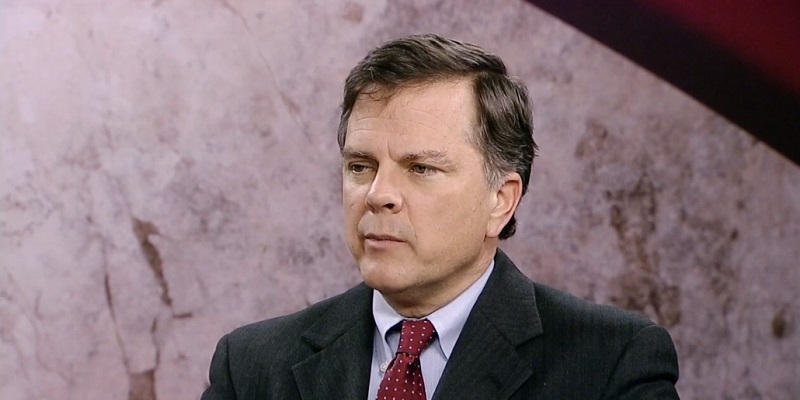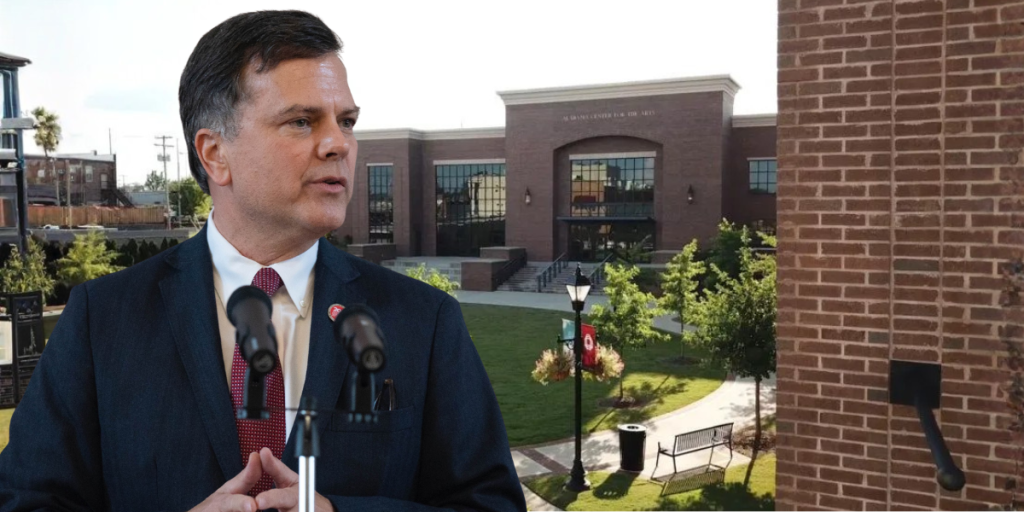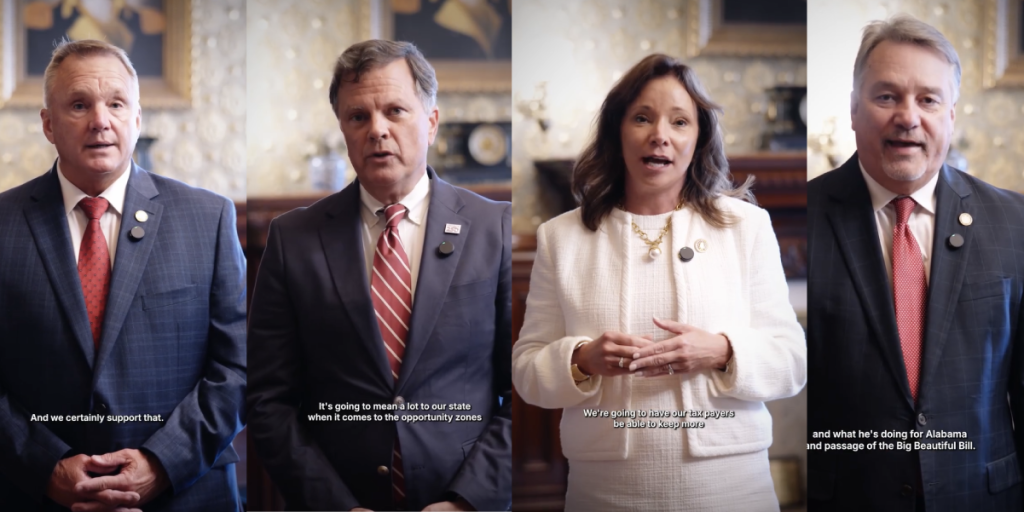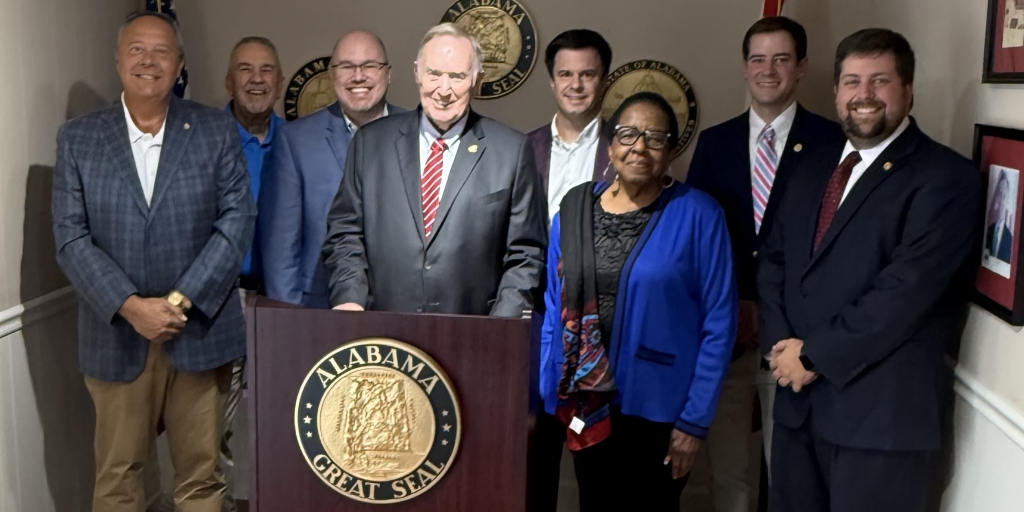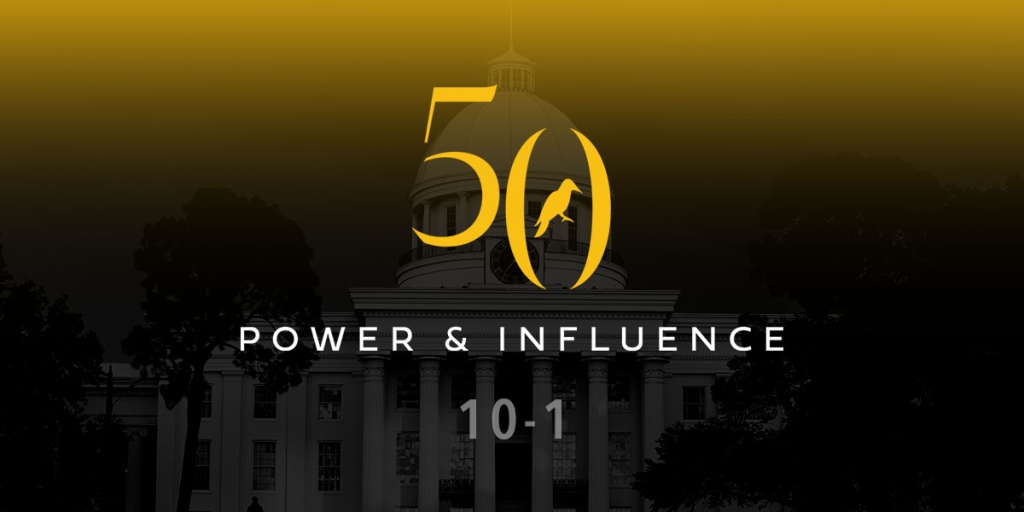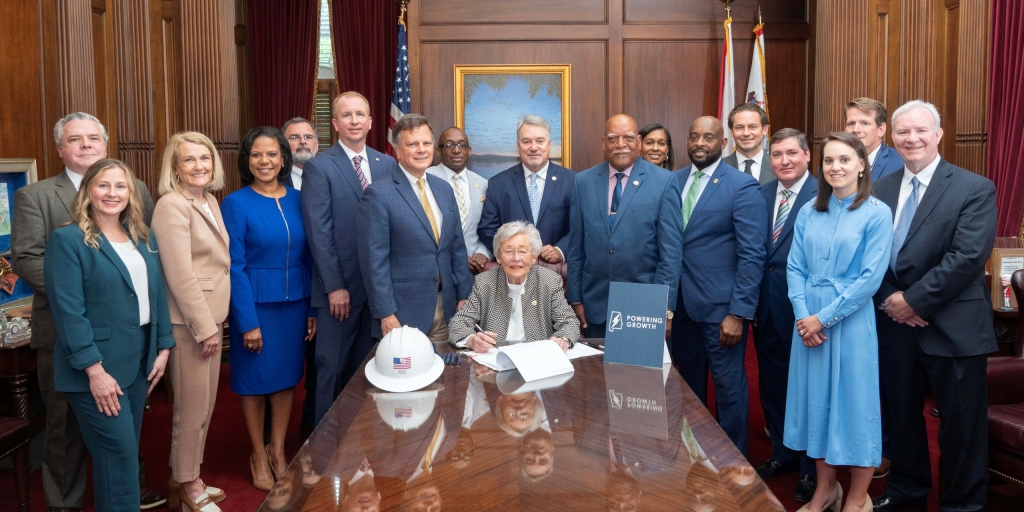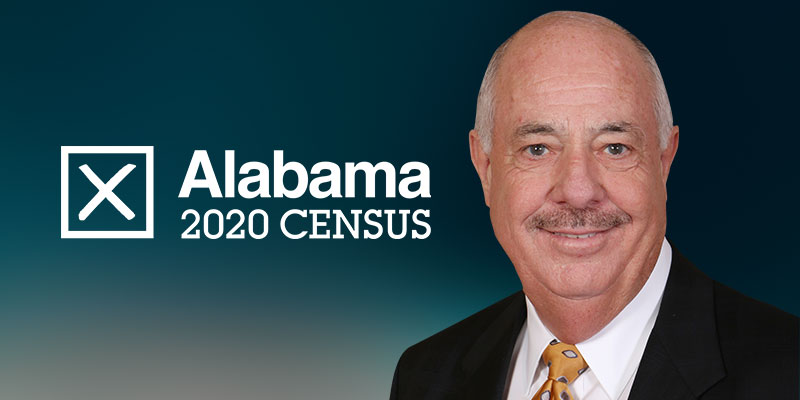For the last few years, State Sen. Arthur Orr (R-Decatur) has been a vocal proponent of the state of Alabama no longer being in the business of retail alcohol sales.
Orr, chairman of the Alabama Senate’s General Fund Budget committee, argued the reasoning behind the state extricating itself from the retail alcohol business goes beyond the discussion of whether or not alcohol sales are a core function of state government.
During an interview with Mobile, AL radio’s “The Jeff Poor Show,” Orr argued savings for the taxpayer could be as much as $14 million if the state went to a privatization model.
“[I] had a fiscal note to get us out of the retail-only sales, and the numbers that came back were anywhere between $7, 12, 14 million that the taxpayers would see saved by getting out of the very lucrative leases that a lot of the landlords around the state, usually they’re very politically connected people, have in the various retail locations,” Orr said. “And you would also see savings — of course, the employees that we’ve hired to run the cash registers, talking about 600-some-odd people — all of that gets offloaded to the private sector. I’ll agree with your assumption — the private sector can do things better, faster, cheaper than the government can.”
“I recall several years ago figuring up the cost of what the average employee was,” he continued. “And we were up close to $40,000 a year. And that includes the retirement. That includes the health care benefit that they get, and of course, salary compensation as a cash register [clerk], stocker of the shelves. They’re not, as I would say on a cash basis or salary basis — they’re not, quote, ‘overpaid.’ But when you throw in the benefits, that’s what tilts the scale back again to the private sector as being a lower-cost option, again, to run these retail establishments.”
Opponents have charged such a move would cause a decrease in funding to state coffers. However, Orr disputes that notion, assuming demand for alcohol remains at the same levels.
“We’ve had testimony in past years that say that’s a fallacy,” Orr said. “You do have to make the assumption, one, that people will continue to drink at the same level that they drink today, and that’s not going to decline. And you do have stores that lose money chronically in ABC, but nonetheless, they see it as one of their missions to have stores, even if they chronically lose money around money the state. As a taxpayer, you’ve got to think, ‘OK, is it a fundamental mission of state government to make sure that it provides liquor in more rural areas in the state just so the citizens there have better access to available liquor? Is that really a fundamental function of state government?”
“The other argument about making the money is almost every dollar of the ABC [income] is earmarked, in that, so a dollar comes in, it gets busted up between DHR and mental health and various state organizations,” he continued. “And they say, ‘Oh, if you cut us, that money is going to go away for DHR. And of course, they need funding. We’ll lose x millions of dollars.’ Again, assuming people drink the same and our sales are the same, and the mark-up is the same, and the tax structure is the same — again, based on our numbers, the state doesn’t take a hit.”
“So all that to say, it’s close to a wash, but with the efficiencies, as I mentioned earlier, the legislative fiscal office calculates that’s a $7-to-12-14 million savings that comes from the salaries, the leases, etc.,” Orr added.
Critics of the status quo have said the current system remains in place because of leases for retail space are held by the politically powerful in Alabama, who would stand to lose if the state got out of the retail alcohol business.
Orr said such an assumption was unclear but argued there was a presence of lobbyists in the halls of the State House in Montgomery representing the interests of those leaseholders. He also argued those that maintain that privatization would increase underage drinking were operating on faulty assumptions.
“That requires me to have a crystal ball,” he replied when asked about the ABC lease structure being a reason the state of Alabama remains in the retail liquor business. “But they’re the ones that hire the lobbyists every year to walk the halls and work legislators to be against any privatization effort. So, that’s where the money comes from. Then the phone calls, the upset individuals comes from the state employees’ association. And surprisingly, and I count myself as a friend, you have [Alabama Council on Alcohol Problems], who says it is going to cause an increase in drinking by underage individuals. Every study I have seen says that is not true. The states that have privatized — you don’t have the underage drinking vastly increasing from where it was. And particularly in our situation, Jeff, since we do have about 600 private retailers out there today — that genie is already out of the bottle. A lot of states when they convert, they have no private retail establishments. They’re solely state-operated retail establishments, and then they get out. Perhaps you could see a small increase, but the studies don’t show any substantial increase in underage drinking.”
@Jeff_Poor is a graduate of Auburn University and the University of South Alabama, the editor of Breitbart TV, a columnist for Mobile’s Lagniappe Weekly, and host of Mobile’s “The Jeff Poor Show” from 9 a.m.-12 p.m. on FM Talk 106.5.




